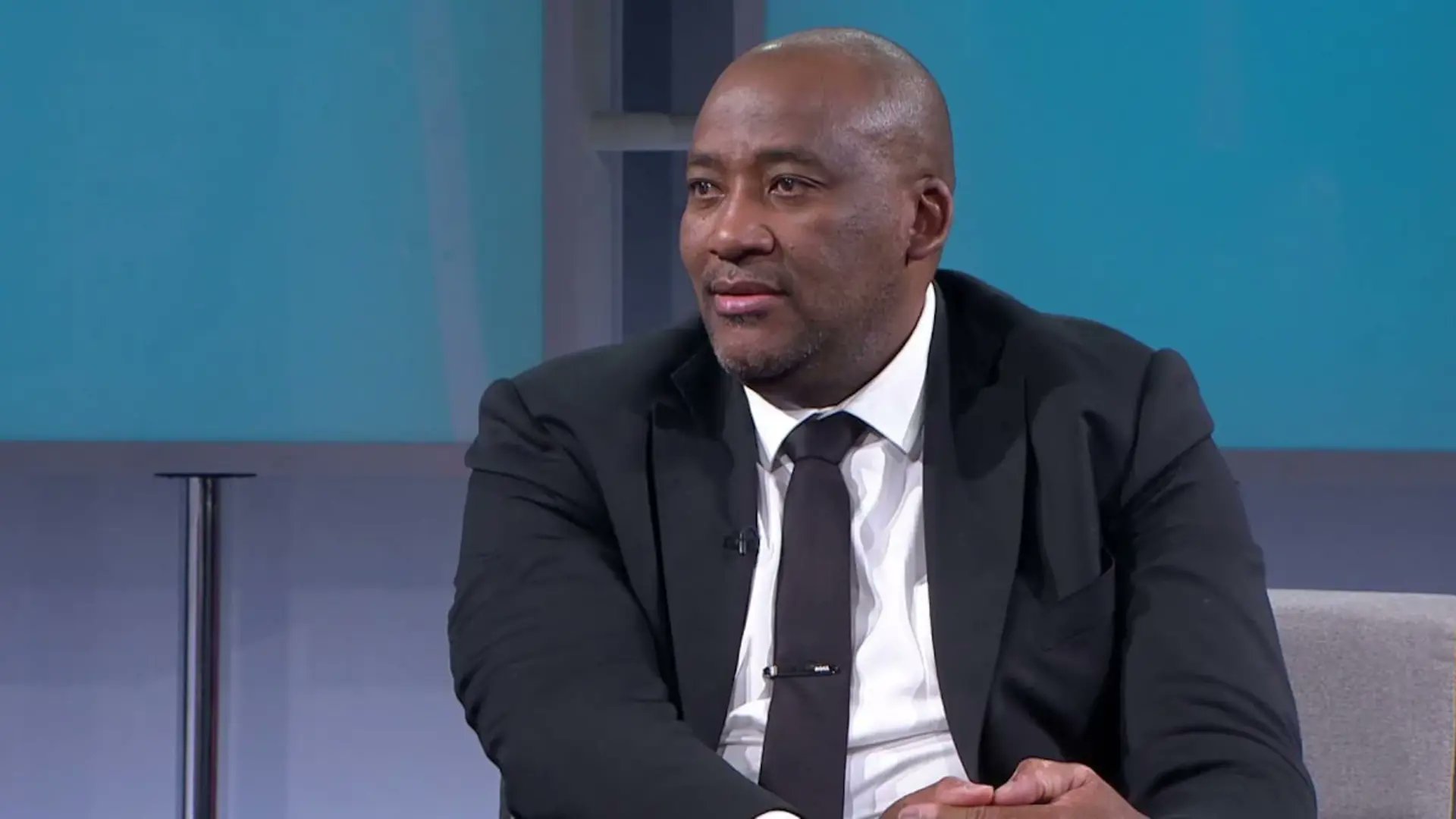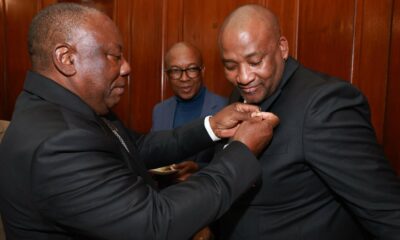News
Parliament Clears Gayton McKenzie Over Old K-Word Tweets, Public Debate Rages

In a decision that has sparked heated discussion across South Africa, Parliament’s Ethics Committee has declined to investigate a racism complaint against Sport Minister Gayton McKenzie, ruling that the alleged conduct took place before he became a Member of Parliament.
The complaint, lodged by the African Transformation Movement (ATM), accused McKenzie of using the K-word in past tweets. But according to Parliament’s spokesperson Moloto Mothape, the Committee’s hands were tied. The Ethics Code explicitly states that it has no authority over actions committed before an individual enters Parliament. Since McKenzie only took his seat on 14 June 2024, the complaint was dismissed before it even reached the investigation stage.
Human Rights Commission Still Considering Action
While Parliament has stepped back, the South African Human Rights Commission (SAHRC) is still weighing its options. ActionSA has filed a separate complaint, saying McKenzie’s posts represent “racism in all its forms” and must be challenged. The SAHRC met on Monday to discuss the matter but has yet to reveal its decision.
McKenzie Calls Allegations a Political Smear
McKenzie has strongly denied ever calling anyone the K-word, framing the complaint as a political attack spearheaded by the EFF and certain social media figures.
“In my life, I have never called anyone the K-word,” he insisted, urging accusers to produce direct evidence. He admitted to posting “insensitive, stupid and hurtful” content more than a decade ago during what he describes as a reckless period of online trolling, but maintained that none of it was racist in intent.
“I cringe when I see them and I am truly sorry,” he said. “I shall subject myself to the investigation.”
Public Opinion Split Down the Middle
The ruling has ignited fierce online debate. Some South Africans argue that leaders should be held to account for harmful remarks regardless of when they were made, especially when the words carry deep historical wounds. Others believe in the possibility of change and redemption, especially for actions taken years before holding public office.
On X (formerly Twitter), one user wrote, “If we keep ignoring racism because it’s ‘old’, what message are we sending?” Another countered, “We’ve all said things in the past we regret. If he owns it and apologises, let’s focus on the job he’s doing now.”
Bigger Than One Man’s Tweets
The controversy comes at a time when political discourse in South Africa is already tense, with racial identity and historical injustice frequently at the centre of national debates. McKenzie, known for his outspoken style and strong political alliances, now finds himself at the intersection of free speech, accountability, and the right to move beyond one’s past.
For now, Parliament has closed the file. But with the SAHRC’s decision still pending, the story, much like the public debate, is far from over.
{Source: IOL}
Follow Joburg ETC on Facebook, Twitter , TikTok and Instagram
For more News in Johannesburg, visit joburgetc.com



























